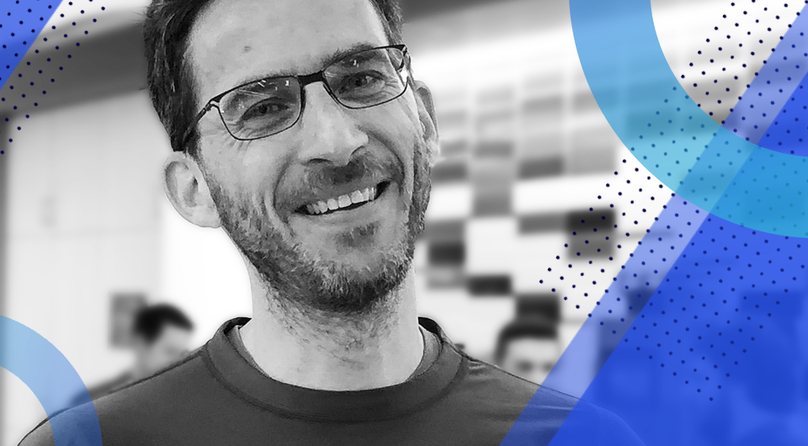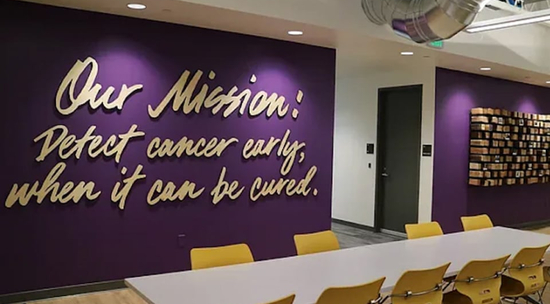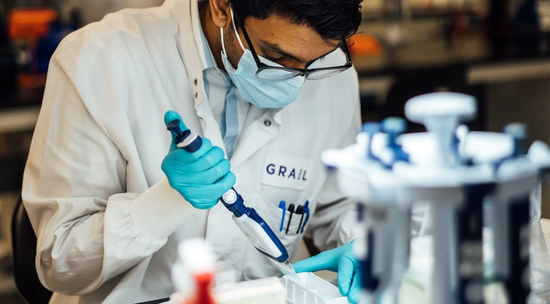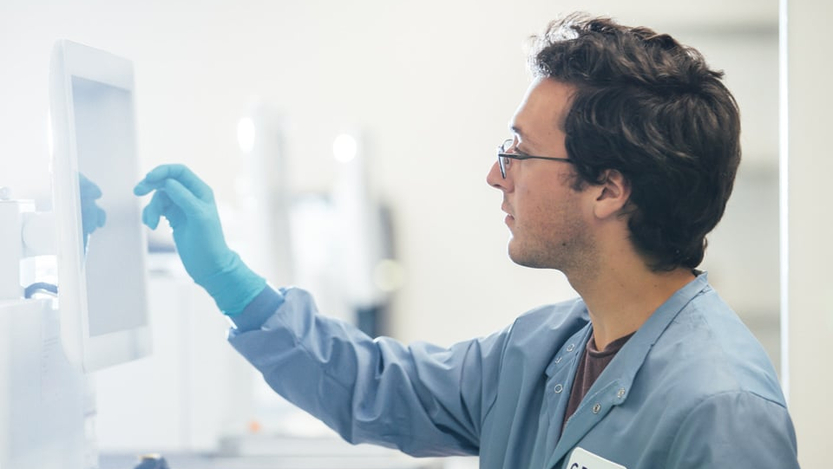“Cancer is a nasty, diverse disease that can affect widely different regions in the genome,” Principal Scientist Joerg Bredno said, and understanding how and why cells change isn’t easy. Luckily, his team works with more than 12 petabytes of molecular data — which translates to more than 1 million gigabytes — and a high-performance scientific computing environment that can handle analysis at that scale. With these tools, Bredno’s team is building an even larger training data set for the next generation of GRAIL’s early detection, multi-cancer screening test, slated to roll out this year.

Joerg Bredno
Principal Scientist, Computational Biology and Interpretation
It is rewarding that we can see, learn and share relevant insights from our data that so far doesn't exist anywhere else in the world in this form.













.png)

